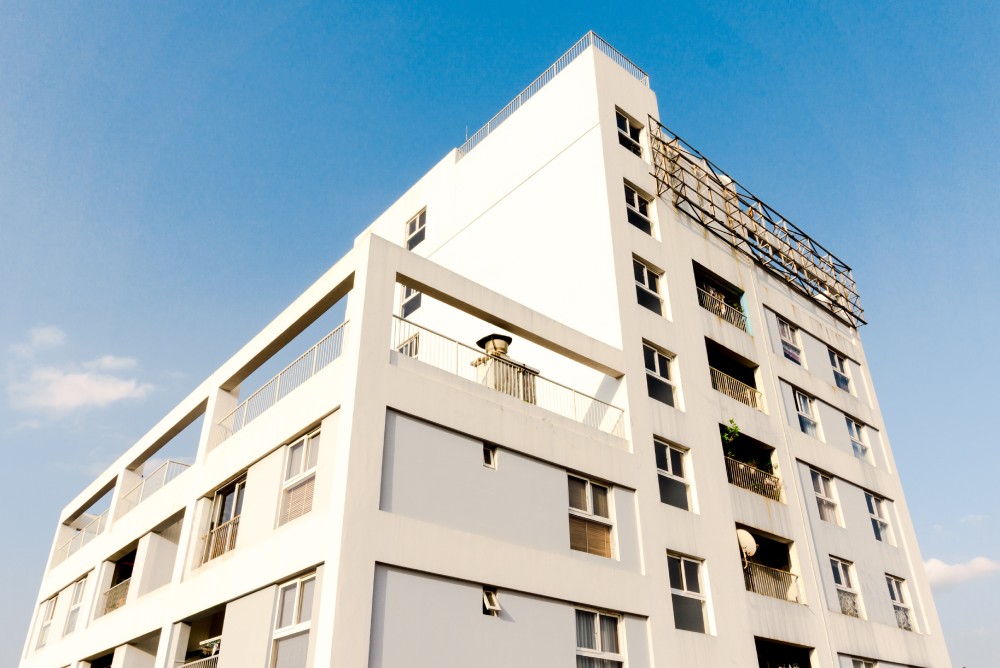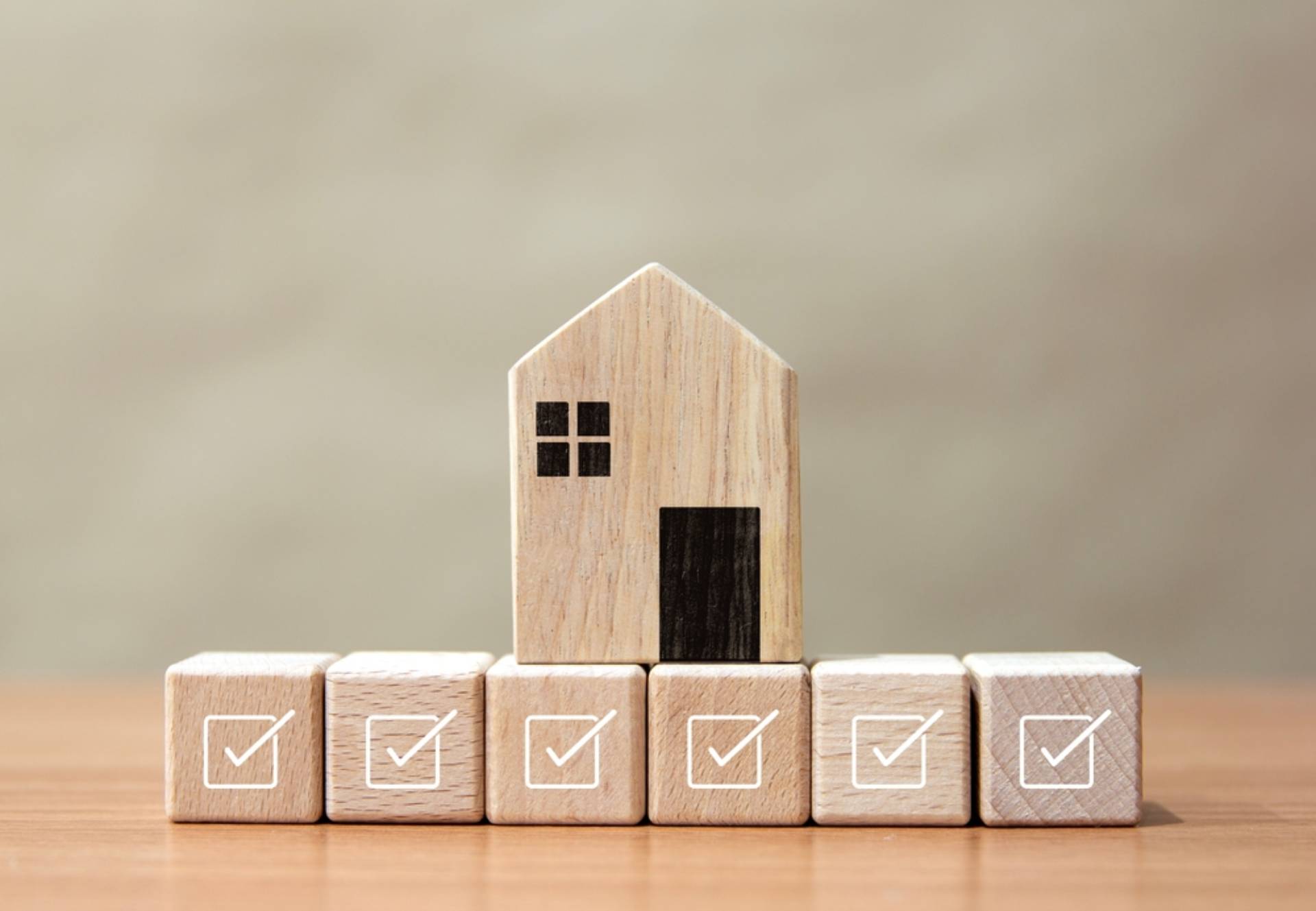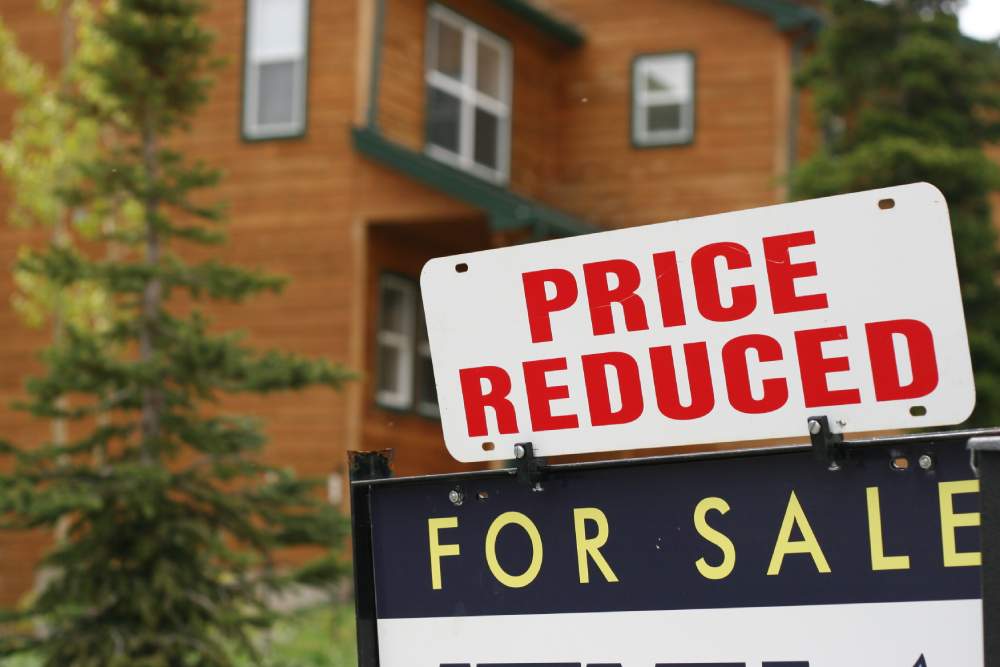What to Expect When Buying a Leasehold Property
If you’re buying a leasehold property for the first time, you may be surprised at what’s involved. Extra paperwork, extra time and extra fees can come as an unpleasant shock if you aren’t prepared.
This PM Property Lawyers guide explains what you can expect as you navigate the complexities of buying a leasehold property.
What Does ‘leasehold’ Mean?
When you buy a leasehold property, you don’t buy the land your property is built on. The land belongs to the ‘freeholder’ (your landlord) and you own the lease to live in the property for a set number of years. This could be anything from 99 to 999 (see below for more on length of lease). When you buy a freehold property, you own the land as well as the building itself.
Most flats are sold on a leasehold basis and some new build houses have also been sold as leasehold. The Government is introducing a ban on new build leasehold houses but this has not yet come into law.
Although total leasehold property in the UK is only around 15%, some regions have a much higher concentration. London and the north west of England top the league, with figures of 90% or even 100% in certain postcodes. You won’t find this in all parts of the UK though – leasehold as a form of ownership does not exist in Scotland.
What’s the Difference Between Leasehold and Freehold?
When you own a leasehold property, you will have to pay certain charges – usually ground rent plus a service charge, management fee and buildings insurance. These may be payable to the landlord, an agent who acts for them, a management company or their agent.
When your lease comes to an end, in theory you forfeit your property to the landlord – although in practice, most leases are extended before this happens (see below).
How Much are the Charges Likely to Be?
Landlords, management companies and management agents will all have their own scale of charges and these can vary hugely.
Ground Rent
If you’re lucky, you may just have to pay a very low fee, e.g. £10 per year (sometimes referred to as ‘peppercorn’ rent). New developments tend to have higher ground rents – the average in 2016 was £371 per year for new builds and £327 for older properties*. The Government has committed to setting ground rents to zero for all new leasehold properties, but this is not yet law at the time of writing.
Make sure you check (or make sure your conveyancer checks) your lease for any future increases in ground rent. These can have an impact on the saleability of the property so it’s very important to understand the terms set out in the lease. The lease may stipulate that the ground rent increases according to a formula, for example, by tracking the Retail Price Index. In other cases, the ground rent may increase after a set time, for example, doubling every 10 years. This has resulted in some properties becoming unsaleable as mortgage lenders will not lend on a property when they consider the terms of the lease to be unreasonable. Ask your conveyancer to explain the implications to you.
Service Charge
The service charge covers maintenance and repairs of the structure such as the foundations, roof and drainage as well as common parts (e.g. entrance foyer, gardens). In 2016 the average service charge was £1863 and £2,777 for new builds (figures from Direct Line for Business).
But watch out for higher service charges when there are additional amenities on site for residents, e.g. a gym, cinema or communal gardens. For luxury properties in expensive postcodes these can run into tens of thousands of pounds.
The service charge may also include payments into a ‘sinking fund’ to cover the costs of future building works. If there is no sinking fund, the landlord may ask leaseholders to pay for repairs upfront so do check this carefully. If the landlord is planning major building works that will cost individual leaseholders more than £250, there is a requirement to consult with all leaseholders beforehand. If this consultation doesn’t take place, Section 20 of the Landlord and Tenant Act states that the landlord can only recover a maximum of £250 from each leaseholder (unless there is dispensation from the First-tier Tribunal).
Buildings Insurance
The landlord will normally take out the insurance policy on the building and include the premiums within your service charge. This does not cover your own contents and possessions so you will need separate contents insurance for this.
Can I Extend my Lease and How Much Does it Cost?
Once you have been registered as the owner of a flat for 2 years, in most cases you have the right to ask for the lease to be extended by 90 years (50 years for a house) at ‘a fair market price’ using a Statutory Section 42 notice. This would also reduce your ground rent to peppercorn.
The Leasehold Advisory Service has a useful lease extension calculator on their website.
You could also negotiate with the landlord informally to extend the lease and use the Leasehold Valuation Tribunal if there is any disagreement.
Be very cautious if the lease is close to 80 years on the property you want to buy:
- * Mortgage lenders are wary of lending on a property with less than 80 years on the lease so you may find it very difficult when you want to sell and move on.
- * The value will also drop so if you do find a cash buyer they may well offer a figure below your asking price.
- * If you want to extend your lease and it has less than 80 years to run, you will have to pay an additional fee as well as the lease extension fee. This is calculated as 50% of the ‘marriage value’, i.e. the amount of extra value an extended lease will add to the property.
It is normally the seller’s responsibility to extend the lease and bear the cost. So even if you are prepared to buy a property with a short lease, remember that you may have to pay for a lease extension when you want to sell it.
Can I Buy my Freehold?
If the leaseholders of a property meet certain conditions (e.g. if they have been the registered owner for 2 years), they can force the landlord to sell the freehold to them. By law, if the landlord wants to sell the freehold it must first be offered to the leaseholders (though there are some exceptions to this rule).
Are There Any Alternatives to Staying as a Leaseholder or Buying the Freehold?
In certain circumstances, the leaseholders of a building containing flats can take over the management of the building. This is called Right To Manage (RTM).
This means that you and your fellow leaseholders have joint responsibility for all maintenance and repairs (and also for buildings insurance). It can save money on service charges and management charges, but may also require more of your time to manage properly.
Since 2004, it has been possible to own property in a new way – commonhold. This gives all the residents ownership of their own flat and also of the land the building stands on, which is held ‘in common’. However, very few properties have commonhold ownership.
Does It Cost More to Buy a Leasehold Property?
The short answer is yes. The different parties involved – landlord, management company and their agents – may all make a charge for providing documentation and certificates. They will each set their own fees for doing so. The cost of these fees varies widely and your conveyancer will not know in advance how much they will be. These fees are in addition to the legal fees for conveyancing.
There is also a considerable amount of extra work for your conveyancer. At PM Property Lawyers, when we calculate your quote for buying a leasehold property we include fees for some of this anticipated additional work. However, at the start of your purchase it isn’t clear which issues will arise and how complex the lease will be. So additional fees may occur during your transaction. We will always let you know in advance what these fees are and when you will need to pay them.
See the glossary at the end of this resource for details of potential additional fees.
Should I Buy a Leasehold Property?
Buying a leasehold property may seem daunting and there is certainly a lot to think about. However, if you’re buying a flat you will probably have no choice. And if you fall in love with a property that turns out to be leasehold, it would be a shame to miss out on what could be your perfect home.
As long as you are aware of the issues, there’s no reason why you shouldn’t go ahead.
5 Top Tips for Buying a Leasehold Property Without Tears:
1. Remember to allow for service charge and ground rent in your budget as well as your mortgage payments.
2. Be prepared for additional charges from the landlord/management company during the purchase process as these will not be included on your initial conveyancing quote. See the glossary at the end for more detail.
3. Check if the landlord is planning any major works for the building and when they are likely to happen. You don’t want a hefty bill as soon as you move in.
4. If you don’t understand something, ask! The language used in leasehold documents can seem incomprehensible but your conveyancer will be able to explain the meaning to you
5. Use a conveyancer who has experience with leasehold property. And make sure they can explain the implications of the terms of the lease.
Our team handles thousands of leasehold property purchases every year and we would be happy to discuss any issues you may have. Phone us on 0114 249 6926 or email info@pmpl.co.uk.
Glossary of Potential Charges for Leasehold Property
Notice of Assignment |
This is a notice that the Landlord and or Management Company require to be served upon them on completion. This formally notifies them of change in ownership.
This will provide them with the buyer’s details so that notice and service charge/ground rent demands can be sent to the correct address. Either or both the landlord or management company will charge A fee for this. This can vary wildly, from no charge to hundreds of pounds. |
Notice of Charge |
This is a notice of providing details of your mortgage company. It can be a requirement to serve notice on both Landlord and/or Management Company.
This will allow the Landlord to serve any notices on them should you fail to meet your obligations under the lease. Either or both the landlord or management company will charge a fee for this. This can vary wildly, from no charge to hundreds of pounds. |
Deed of Covenant |
The lease is an agreement between the original landlord and tenant.
In order to ensure that all obligations by subsequent owners will be complied with the buyer will enter into deed of covenant stating that they will comply with the obligations. The Landlord and or Management Company may charge a fee for this. This can range from no charge to hundreds of pounds. |
Rent |
It is tradition that the Landlord charge a rent, also known as a ground rent. This is set by the Landlord when the lease is drafted.
On completion the seller will pay the rent up to the date of completion. The buyer will pay from the date of completion until the end of the Landlord’s financial year. Rents can be fixed, e.g. £10 per year, or increase at set dates in fixed amounts or by inflation. The lease will set out the details. Beware of rents that double every 10 years! E.g. if a lease of 999 years is granted on 1st January 2017 and will double every 10 years: Year 0 = £10 Year 10 = £20 Year 20 = £40 Year 30 = £80 Year 40 = £160 Year 50 = £320 Year 100 = £10,240 Year 200 = 10,485,760 (per year) !!!! |
Service Charge |
Payment due to the Landlord or Management Company for the upkeep of the building gardens, access roads etc.
On completion the seller will pay for the service charge up to the date of completion. The buyer pays from the date of completion until the end of the Landlord’s/Management Company’s financial year. |
Share in Management Company |
If the Management Company is limited by Shares and the Lease states you have to become a member then on completion the share has to be transferred to you by using a form called a stock transfer form.
The Company will charge a fee for this ranging from no fee to hundreds of pounds. |
Membership of the Management Company |
If the Management Company is limited by guarantee there are no shares. You will be required to become a member of the company.
The Company will charge a fee for this ranging from no fee to hundreds of pounds |
Certificate of Compliance |
If the Official Copies contain a restriction (usually contained in the Proprietorship Register (Part B)) the person or company whose name is referred to will need to provide a certificate which must be provided to the Land Registry in order to allow the buyer to be registered as owner to say the requirements under the restriction have been met. |
Exit fee/Administration Fees |
Some leases have provision that upon assignment (sale of a leasehold property) the seller must pay the Landlord a fee.
This is set out in various ways and can vary. The common calculations are 1% of the sale price or 1% of the sale price for each year the seller has owned the property. This is commonly the case with retirement housing. |
Section 20 Notice/major works |
A Section 20 notice may be issued where the Landlord/Management Company proposes to undertake works costing over £250 per tenant.
There is a set procedure for this. However, if you are buying or selling where major works are proposed, being undertaken, or waiting to be billed for, these will have to be taken in consideration. Major works can range from £251 upwards. Commonly the cost is in the thousands of pounds. |
Landlord/Management pack |
This is information that only the Landlord/Management Company can provide. It covers rent, service charges, building works, disputes with other tenants, fees for serving notices on completion, major works, insurance just to name a few.
If the Landlord and Management Company are not one and the same then two packs may be required. It is not unusual to have a landlord and a separate management company. Fees for the Packs can vary from no charge to hundreds of pounds. |






